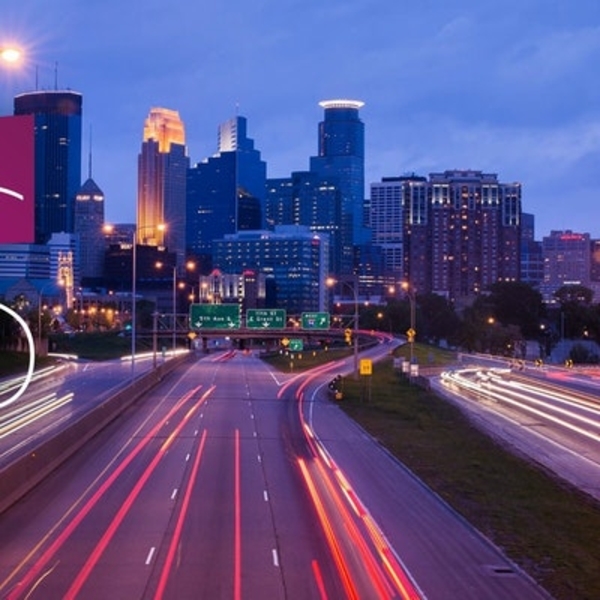Price:
6630 EUR
Contact
École Polytechnique Fédérale de Lausanne
Description
Learn about Smart Cities within the context of management of urban infrastructures. The introduction of Smart urban technologies into legacy infrastructures has resulted in numerous challenges and opportunities for contemporary cities and will continue to do so. This course will help you to understand how to make the best of these smart technologies in your cities’ legacy infrastructures.
Over the past few years, advances in the Information and Communication Technologies (ICTs) have significantly challenged the traditionally stable land scape of urban infrastructure service provision. This has resulted in increasing interest from both technology vendors and public authorities in the transition of cities towards so-called “Smart Cities”. Although such “Smart technologies” can provide immense opportunities for citizens and service providers alike, the ICTs often act as disruptive innovators of urban infrastructure service provision.
In this MOOC, you will gain a thorough understanding of the challenges and opportunities associated with the Smart urban infrastructures, namely Smart urban transportation and Smart urban energy systems. Over the journey of this 5-week online course you will learn about the most important principles for the management of Smart urban infrastructures as well as the applications of these principles in the transportation and energy sectors.
This course does not have any prerequisites. However, to take the most away from of this MOOC, we strongly encourage you to enroll in our other MOOC on the Management of Urban Infrastructures, which has been widely praised by learners.
Through this course, you will:
- Gain a deep understanding of the nature of disruptive innovations (smart technologies) in urban infrastructure systems;
- Learn about state-of-the-art strategies for effectively managing the transition from legacy infrastructures to smart urban systems;
- Study the management of the transition phase from legacy infrastructure systems to smart cities by supporting innovations while avoiding early lock-in; and
- Understand potential applications of the materials learned in this course within the context of the management of smart urban transportation systems as well as smart urban energy systems.
Specific details
Category of Education
Arts and Humanities







 How to resolve AdBlock issue?
How to resolve AdBlock issue? 


Comments (0)